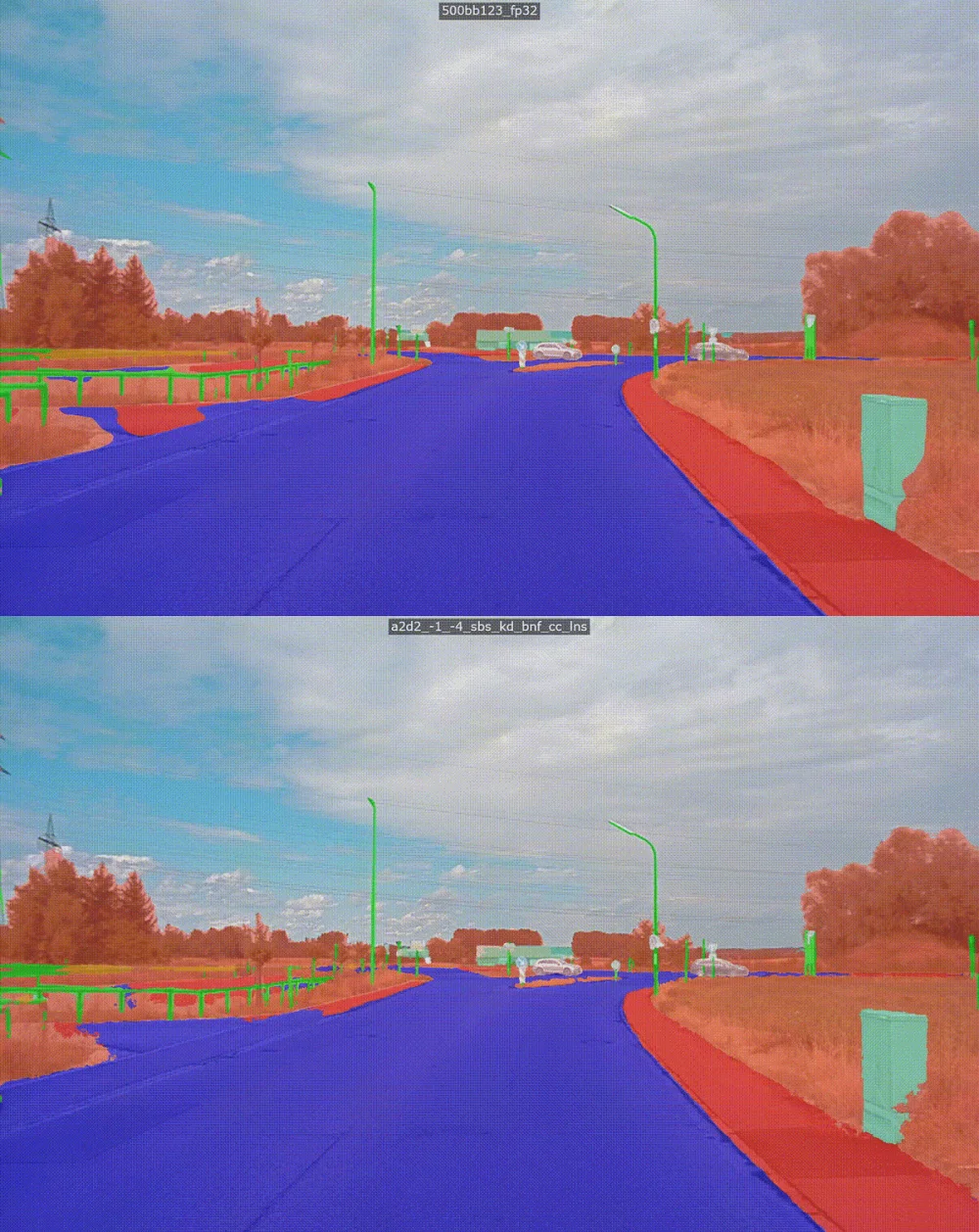Autonomy’s impact on the Labor Market
By Sidhart Krishnamurthi, Product Management
Autonomous vehicles bring a plethora of benefits to society, such as fewer accidents, reduced traffic congestion, and better access to transportation. However, one that often gets overlooked is how self-driving can positively affect the labor market, which, on a macro scale, benefits the overall economy and well-being of people.
The long-haul trucking industry is in a flux right now from a labor standpoint. There currently exists a shortage of drivers, even with higher wages to incentivize people to work in this field. In fact, higher wages have incurred a counter-effect, as drivers now work less to receive the same amount of money, further highlighting the shortage. Because of this inefficient supply chain coupled with increased demand for trucking services due to ecommerce and same-day delivery, the cost of goods is rising; consumers are suffering as a result since this increase trickles down to them. Luckily, autonomous trucks provide a solution to this problem. With the ability to safely navigate on their own, the demand for human drivers will be eliminated or reduced, thus optimizing the supply chain and lowering the cost of goods at the consumer-level.
A known benefit of self-driving is that AVs bring more access to mobility. People often find it hard to secure consistent, reliable transportation for their jobs, given the high cost of personal vehicle ownership and maintenance. However, autonomous vehicles present an alternative form of ownership in the form of a fleet — imagine this: You work an hour away from your home and all you need to do is open an app to flag a self-driving car to take you to work! This provides citizens with more flexibility, making it easier for people to find jobs. Those who can work, but struggle with commuting, can now join the workforce. As a result, overall employment will improve.
Lastly, autonomous vehicles can greatly benefit companies in the ride-sharing industry. Uber and Lyft consistently operate at a loss — in fact, in 2019, Uber lost $5 billion in one month! Looking into the reasons for this — like the trucking industry, there exists a shortage of drivers. As a result, wages and incentives make up most of the operating costs. With the implementation of self-driving vehicles in ride-sharing fleets, companies will begin to generate healthy profit margins. As a result, these firms will be sustainable for the long run, allowing society, particularly those in marginalized + under-served communities, to reap all the amazing benefits brought by ridesharing.
For these benefits to be realized, full autonomy needs to become a reality. However, the industry has reached a barrier with partial autonomy. Companies are trying to tackle this problem with legacy technology such as computer vision or GPUs, but this approach does not generate the necessary compute or power efficiency to allow cars to safely drive on their own. For full autonomy to come to our roads, AVs must be equipped with a visual perception platform that is purpose-built for safe driving on all roads, in any condition.
We @ Recogni are developing such a product. By leveraging key innovations in AI, math, and ASIC architecture, our platform has a data-center level of compute while consuming less power than a lightbulb. With these unmatched capabilities, we are purpose-built to process a large amount of complicated data in real-time, allowing AVs to drive on their own from point A to point B without any human intervention. With a cross-functional team of experts in a variety of spaces, we are preparing to bring our game-changing solution to the hands of automakers allowing the labor market to reap the benefits elaborated above and optimizing life for society as a whole.





